Toward a Fairer Legal System

With Richard Lomax, Free Legal Advice Centre (FLAC) Volunteer
In the first of a series of video entries about how to create a fairer legal system for all, Richard Lomax, a long-term volunteer at Toynbee Hall’s FLAC and former Crown Prosecutor, shares his ideas for radical legal reform with Jasmine Ashley, FLAC Manager.
Richard presents his personal view that a National Legal System should replace legal aid, and calls for a shift from our adversarial court system to an inquisitorial one. You can hear Richard speak on the subject in the video below and also read his paper on the issue.
In February 2019, the Ministry of Justice released its Legal Support Action Plan, which lays out how it will deliver ‘quicker and easier access to legal support services’. Amongst a raft of other recommendations, it commits to a review of legal aid eligibility by summer 2020. The Ministry also proposes to explore the role that ‘legal support hubs’ could play in providing early legal advice, and the development of bespoke support for litigants in person.
But are the recommendations enough or are more far-reaching changes needed? It’s clear that in its current form, the legal system is struggling to provide fair access to justice to ordinary citizens in fundamental ways. This is certainly our experience: at Toynbee Hall’s Free Legal Advice Centre, demand for casework has doubled in the last year, with almost the same increase in demand for representation. And more and more services are having to reduce their hours, narrow the criteria for who can access help, or even close completely due to reductions in funding. Just last week, the long established Lambeth Law Centre in South London was forced to close due to a lack of resources.
Given that the Ministry of Justice’s budget has been cut by more than a third since 2010, none of this will be a surprise. Cuts to legal aid have been equally severe, shrinking the funds available for legal support by 37% between 2010 and 2018. As a result, many defendants are left unable to afford legal support but ineligible for legal aid, leaving them unrepresented in areas such as debt, housing, immigration, family law and welfare benefits.
According to Jasmine Ashley who manages the Free Legal Advice Centre at Toynbee Hall, ‘people who come to us are now required to take more ownership of their legal matters, by actively progressing their matters and educating themselves as much as possible on law and procedure. But many struggle to navigate through our complex legal system and this often leaves them vulnerable and distressed.’ Whilst we can see the benefits of people gaining more knowledge about their rights under the law, the room for error can have serious consequences when their means of income or home is at risk.
For Richard Briden, a Welfare Rights Advisor at Toynbee Hall working predominantly with people facing severe long term health issues, ‘the biggest impact has been that people undergoing treatment for a serious health condition have difficulty accessing advice at all, as many advice services were previously reliant on the funding they received through legal aid’. He also comments that cuts to legal aid have meant that people with a cancer diagnosis often now need to pay to obtain independent medical reports to challenge their Work Capability Assessments, or to go without.
So there are some urgent and pressing issues that need better solutions: these would almost certainly include reversing some of the cuts in funding. But even without this, there is a need for more creative and joined up thinking across the system. As one example, there is a real need for strategic thinking about the provision of wider wrap around support for people seeking legal and other advice. It seems obvious – and is certainly our experience, and that of many other advice and legal services – that the need for legal advice and support is almost inevitably the result of the daily struggles people face with a range of barriers that keep them in poverty: poor housing; low wages or reduced benefits; health and wellbeing issues.
In the coming months, we will be seeking to explore these issues, asking a variety of voices to share their thinking about what we as providers can do – and crucially how we need to government and the wider legal system to respond. We’ll also be making room for discussion of more far reaching ideas for reform, a re-imagined legal system that might lead to better outcomes for more people, particularly those with the fewest resources.














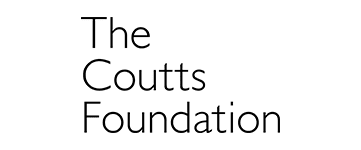



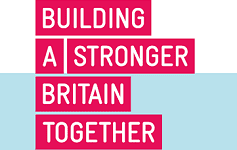




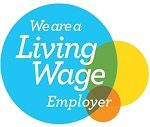
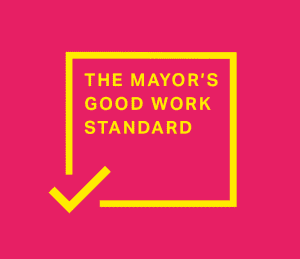
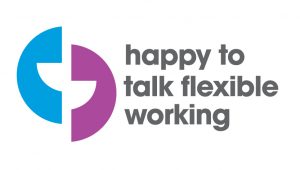

19 Responses
The dumbing down of the English Legal System would not be an appropriate response to the crisis in access to justice and the provision of legal aid.
Something definitely needs to be done. Having been on the receiving end of a miscarriage of justice in 2000 that led me to complete a law degree, and having seen the issues first hand, then I can honestly say that the criminal justice system doesn’t work. It is an abject failure. Due to the low fees, it tends to attract those graduates who aren’t necessarily the best and the brightest, who just see it as a steady income stream and have little interest in actually defending their clients. But one of the biggest issues is the problems that it causes to those with mental health issues. I know from experience that those who are mentally vulnerable find the adversarial system difficult to deal with and navigate, causing them to perhaps plead guilty when they should not, unaware of how difficult it then it to gain an appeal against conviction once they’ve sufficiently recovered. Our politicians are about as bad as we can get when it comes to doing the right thing in this respect. The Law Commission released a paper in 2016 on fitness to plead and made several recommendations to improve access to justice for vulnerable defendants. It’s been sat in “development hell” ever since. The Government has had one quick look at it and tossed it to one side.